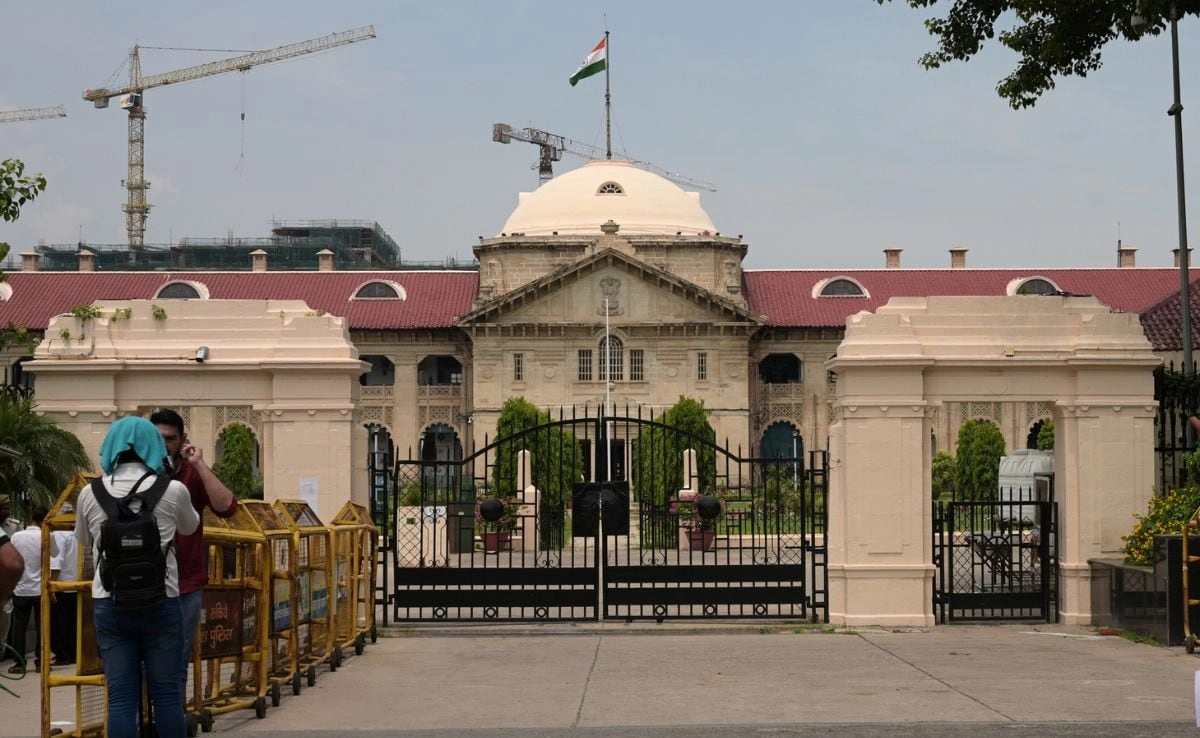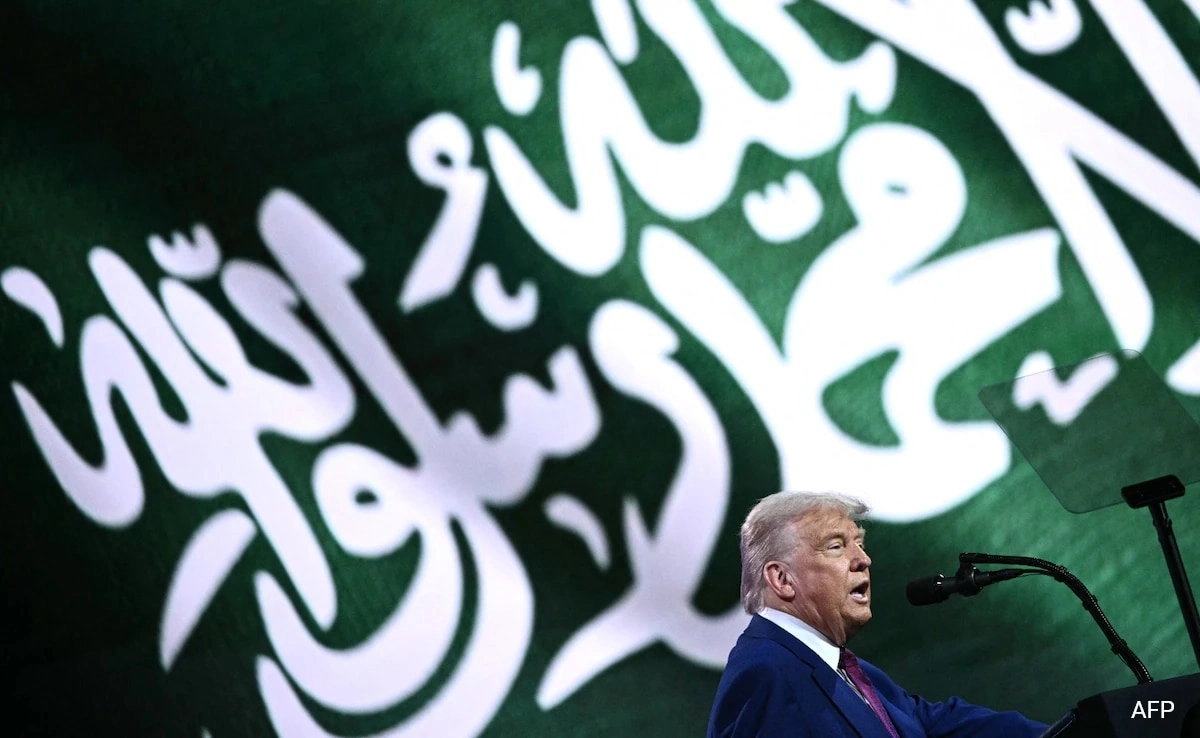The recent imposition of a 50% tariff on India by the United States has sparked significant debate and controversy. The Indian government has labeled the move as “unfair, unjustified, and unreasonable,” a sentiment that reflects the broader concerns over trade relations between the two nations. This tariff not only impacts the existing trade dynamics but also raises questions about the future of economic cooperation in an increasingly interconnected global market. India, as one of the largest economies in Asia, has been a key player in international trade, and such drastic measures from the U.S. could have far-reaching implications.
Critics argue that the high tariff introduces a punitive measure that undermines the principles of free trade and could lead to retaliatory actions from India. Such actions could escalate tensions between the two countries, which have been striving to enhance their economic partnership. The U.S. administration’s decision seems to disregard the complexities of trade negotiations and the importance of mutual cooperation. Economists warn that these tariffs could hurt both countries, as they could lead to increased costs for consumers, disruptions in supply chains, and a potential decrease in economic growth.
The reaction from Indian officials indicates a firm stance against what they perceive as an aggressive trade policy. They argue that the tariff could hinder investments and trade flows between the two nations, which have seen significant growth in recent years. As both countries grapple with the ramifications of this tariff, the need for constructive dialogue and diplomatic engagement becomes even more pressing. The hope is that both governments will prioritize negotiation and compromise over confrontation, fostering a more stable and prosperous economic relationship moving forward.




